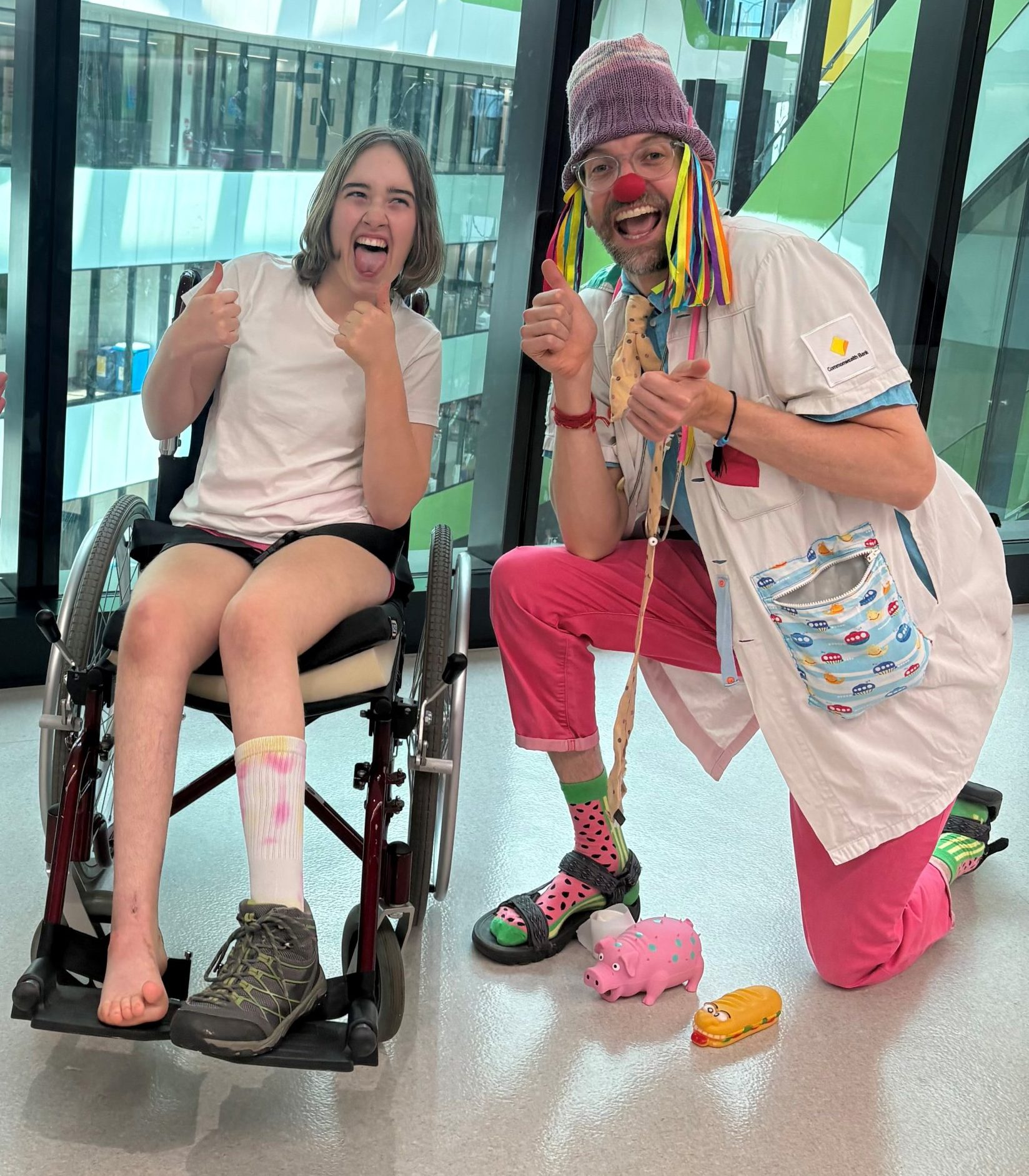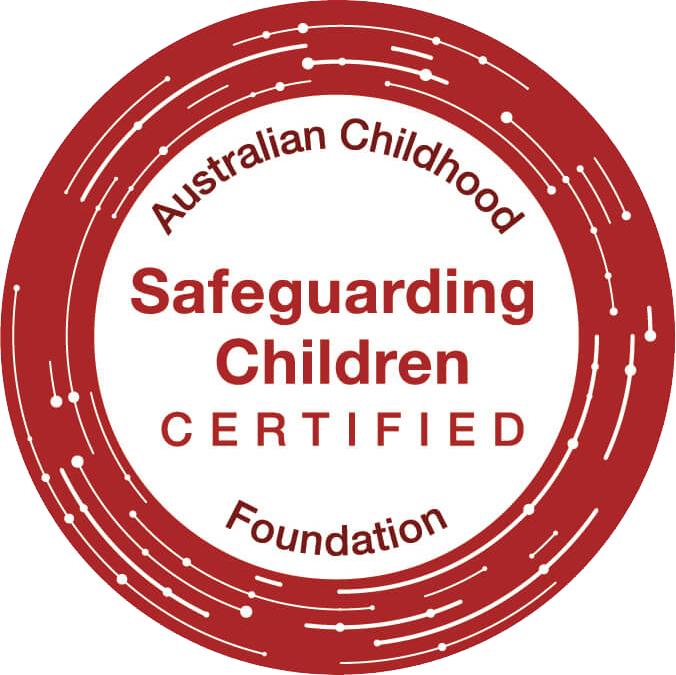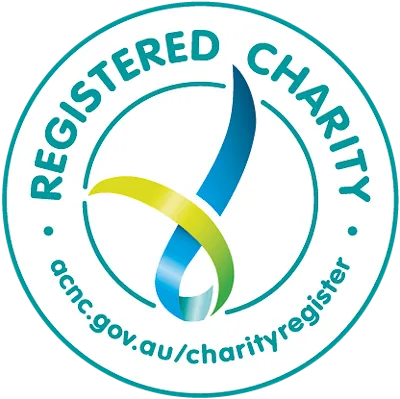How Joy, Connection, and Play Are Transforming a Family’s Hospital Experience
‘My wish is for Ruby to continue to be joyful and happy despite the discomfort and uncertainty she experiences. The Clown Doctors play an essential role in that. Their presence has been transformative, and we’re incredibly grateful for everything they do. My hope is that over the next few years, as Ruby transitions to adult hospital services, that she will still be able to see the Clown Doctors.’
Fifteen-year-old Ruby and her younger brother share a very rare, undiagnosed genetic condition, the long-term prognosis of which is unknown. As a result of her condition, Ruby has cerebral palsy and is mostly non-speaking, using single words and gestures to communicate. In her short life, she has undergone numerous procedures, including lumbar punctures, respiratory and orthopaedic surgery, lower limb Botox injections, MRI scans, blood tests, sleep studies and ECGs.
It also means she is under the care of multiple health disciplines, all of which involve regular, ongoing appointments at Perth Children’s Hospital (PCH) – sometimes more than once a month. Her parents, Nicole and Ben, are always with her, and younger siblings Ali and Van, are also usually in tow. Not surprisingly, Ruby is often highly anxious during these times – particularly if she requires surgery, or a procedure such as Botox injections or having blood taken. This is something that impacts the whole family.
‘Seeing Ruby in pain or distressed about upcoming procedures is very upsetting’, says Ruby’s mum, Nicole. ‘The lead up to the appointment is often just as traumatic as the visit itself, which adds to the strain – and this has a flow-on effect with her two siblings as well. But we learnt quickly that the Clown Doctors make a big difference.
‘When the Clown Doctors arrive, Ruby literally almost falls off the bed with excitement!’ continues Nicole. ‘It is such pure, contagious joy for all of us – including the nurses. You literally cannot be in the same room and not feel the shift in energy. Those moments are priceless for us and makes it all that bit easier.’
Nicole still remembers their first encounter with the Clown Doctors. After waiting over an hour for an appointment, with three small children under five, she recalls feeling grateful for the distraction but also impressed by how quickly they connected with Ruby, making her feel valued, despite her verbal limitations.
Ten years on, the Clown Doctors continue to be a comforting and familiar part of Ruby’s hospital routine, and she especially loves that many of them know her by name.
‘Hospital appointments are now something Ruby actually looks forward to – and this makes our medical journey so much more tolerable’, Nicole says. ‘She will literally count down the days until appointments as she can’t wait to see them again! It significantly reduces her distress and turns a traumatic event into something positive.
‘The Clown Doctors can transform the hospital atmosphere, making it feel less clinical and more welcoming, bringing a sense of happiness and fun. This decreases everyone’s anxiety. It is a completely different experience for Ruby (and therefore our whole family!) on the days they are there.’
Ruby’s younger sister, Ali, agrees. ‘I love that my sister is so happy every time she goes to hospital because she knows she’ll see the Clown Doctors. She has photos of them on her phone, and she talks about them in between visits. It just means that it’s not all bad for her. And when she’s happy, it also helps me because then I can worry less – and that makes a difference.’
Nicole believes the long-term emotional and psychological benefits of the Clown Doctors is invaluable – not just for Ruby but for their family. She acknowledges that not everyone is lucky enough to have family support, which makes services like the Clown Doctors even more important.
‘Despite the reality of her condition, the Clown Doctors have created moments of connection and fun, and as a result Ruby has a positive association with hospital, which in turn helps her manage her anxiety about future visits. Without them, it would be a very different experience. From my perspective, it’s imperative that children in hospitals have moments of joy and laughter amidst their medical treatments – mental and emotional wellbeing is equally as important as our physical health.
‘As a family, we do the best that we can in a very challenging, ongoing situation. But additional support services, like the Clown Doctors, for parents and siblings, make such a huge difference…I really think that the family feeling supported is crucial to positive health outcomes.’
‘My wish is for Ruby to continue to be joyful and happy despite the discomfort and uncertainty she experiences. The Clown Doctors play an essential role in that. Their presence has been transformative, and we’re incredibly grateful for everything they do. My hope is that over the next few years, as Ruby transitions to adult hospital services, that she will still be able to see the Clown Doctors.’





